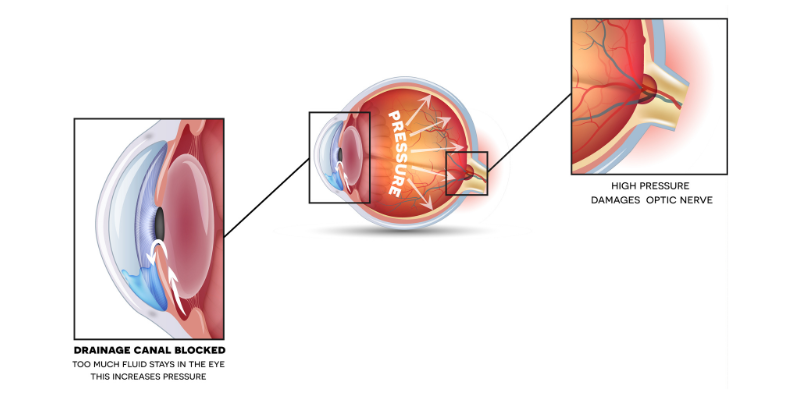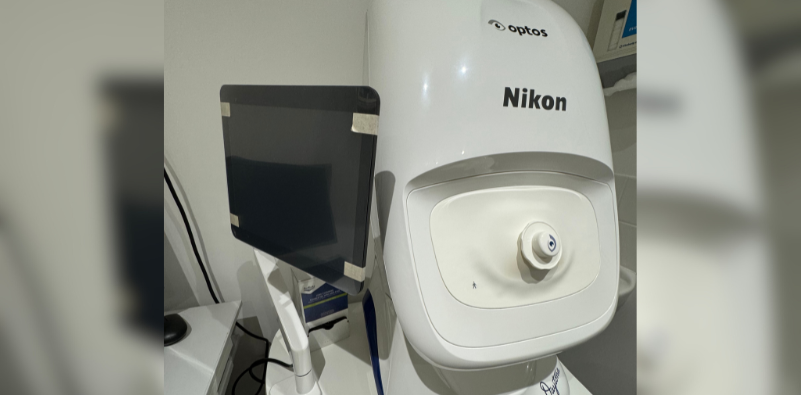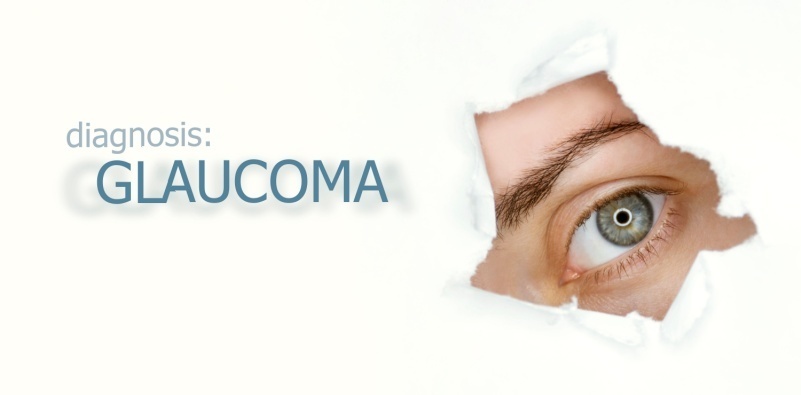Glaucoma is often termed ‘the silent thief of vision’ because it gradually robs us of our sight without any noticeable symptoms until it’s too late. As we observe Glaucoma Awareness Week this March, we’re highlighting this debilitating eye condition and emphasising the significance of early diagnosis of glaucoma.
What is Glaucoma?
Glaucoma is the leading cause of preventable blindness worldwide, with an estimated figure of 80 million people affected. It is a group of eye conditions characterised by damage to the optic nerve, the crucial nerve between the eye and the brain. Typically, this damage results from fluid buildup in the front part of the eye, elevating intraocular pressure.

The Main Types of Glaucoma
There are several different types of glaucoma. Open-angle glaucoma is the most common, affecting around 480,000 people in England. It occurs when fluid drainage from the eye becomes inefficient, exerting pressure on the optic nerve. Among white Europeans, about one in 50 people over 40 and one in 10 people over 75 years of age have chronic open-angle glaucoma. Other types of glaucoma include angle-closure glaucoma, affecting 130,000 people in England, which manifests rapidly due to a sudden blockage in the eye’s drainage canals.
Glaucoma Symptoms
In its early stages, open-angle glaucoma often doesn’t have any symptoms. It can be developing for years without being noticed. However, as it progresses, your peripheral vision deteriorates. Conversely, angle-closure glaucoma may trigger abrupt symptoms such as intense eye pain, nausea, blurred vision, and red eye, warranting immediate medical attention.

Risk Factors of Glaucoma
Several factors heighten the risk of developing glaucoma. For example, the risk of glaucoma increases with age, especially after 60. There’s also a higher risk for those of African, Caribbean, or Asian descent and those with a family history of the condition. Other factors include some medical conditions, thin corneas, and eye injuries.
The Importance of Regular Eye Exams
Regular eye examinations are essential for the early diagnosis of glaucoma. Through comprehensive testing, including eye pressure measurements and advanced retinal scanning such as non-invasive OCT and Optomap scans, our experienced optometrists can identify even the smallest signs of glaucoma, facilitating prompt intervention and preserving vision with glaucoma treatment in the UK. They are also key for monitoring the condition each time you visit. We can compare your most recent results to your previous results, noting any changes that need to be addressed.

Book Your Glaucoma Eye Test
With glaucoma affecting so many people worldwide, it’s important to remember to attend your regular eye examinations at least every two years.
If you’re due for an eye examination or have a family history of glaucoma, schedule an eye test in Pinner today.

